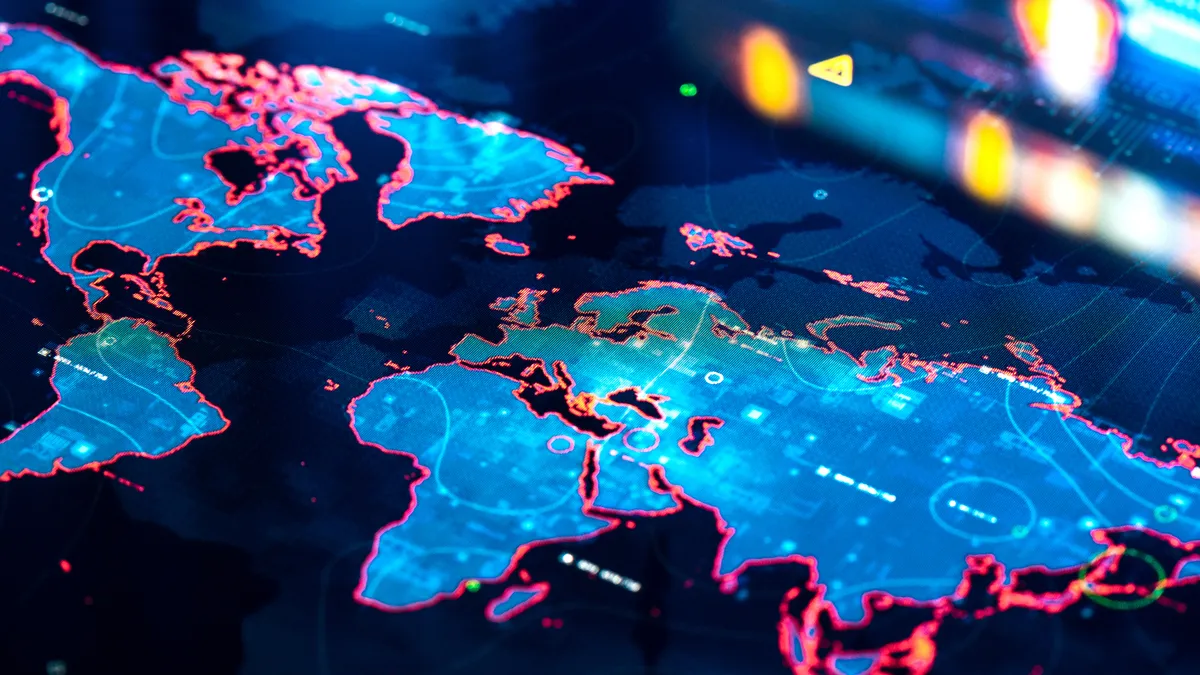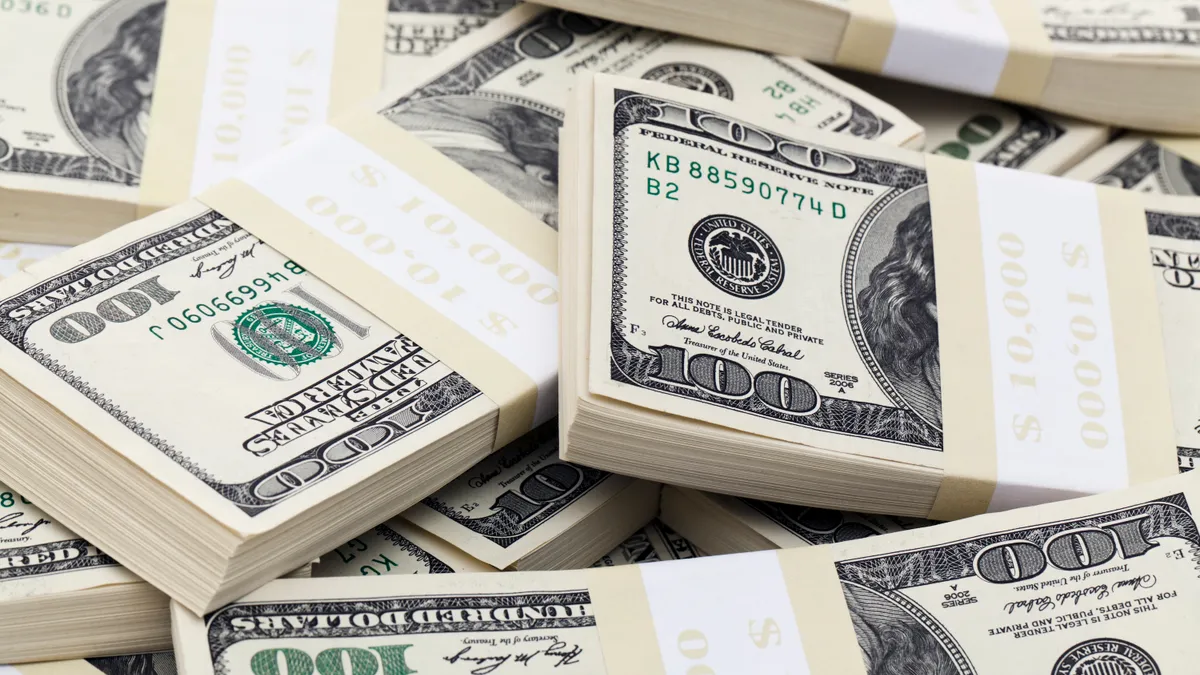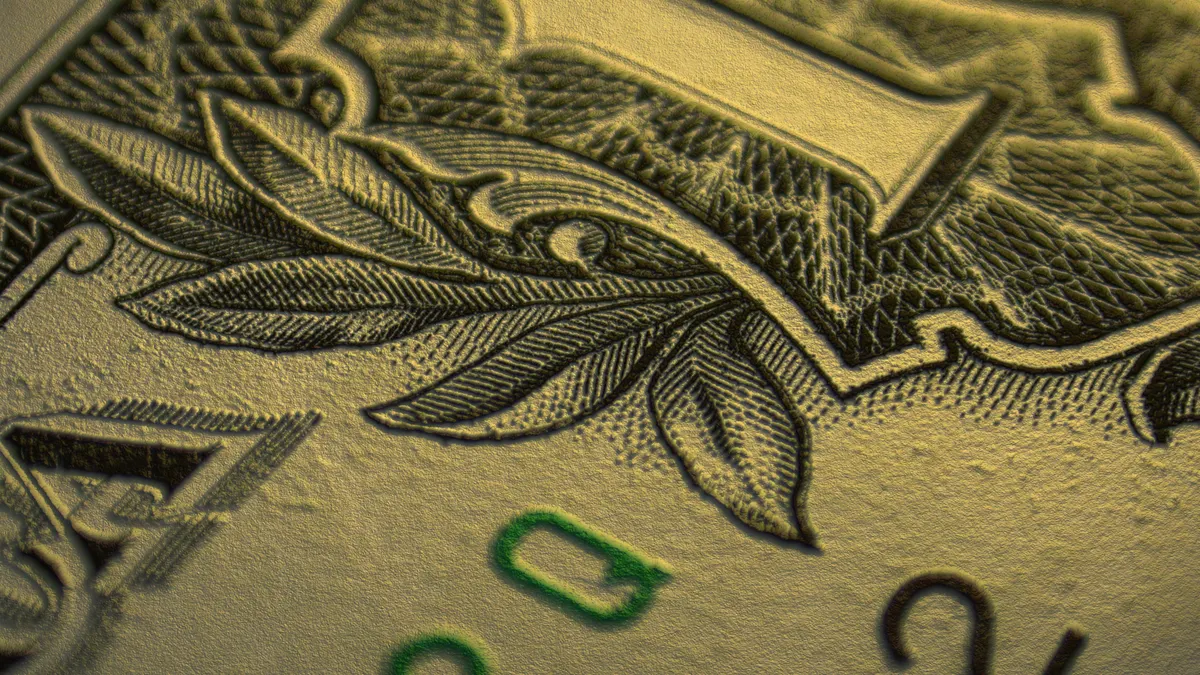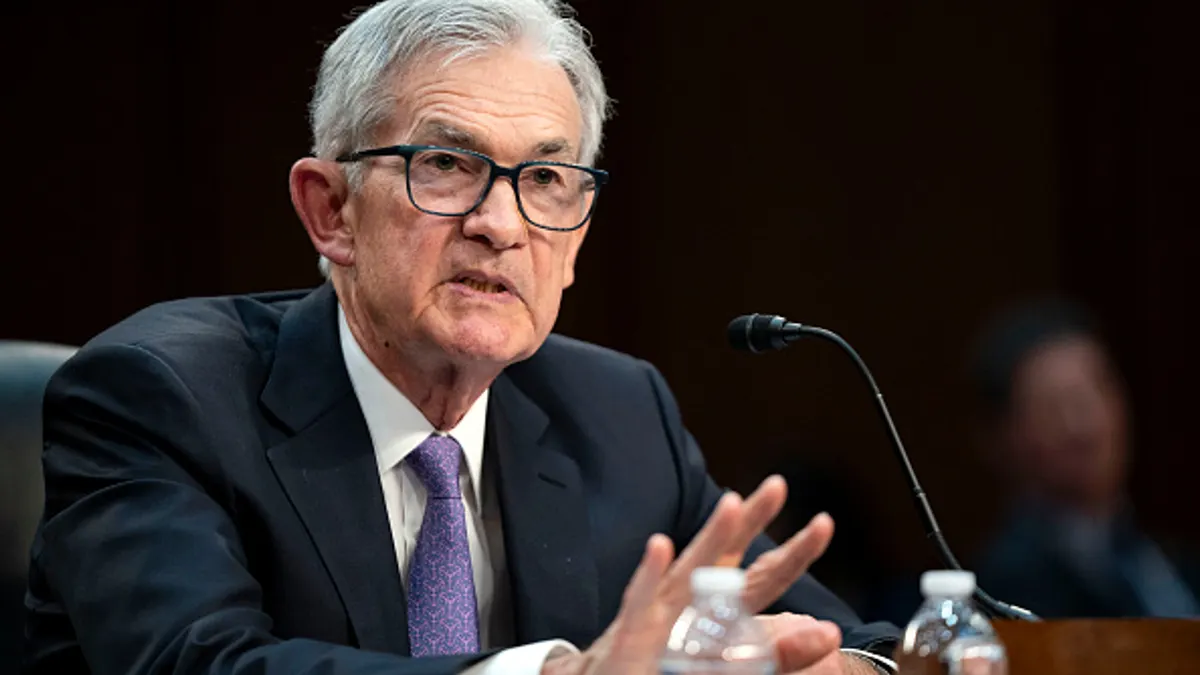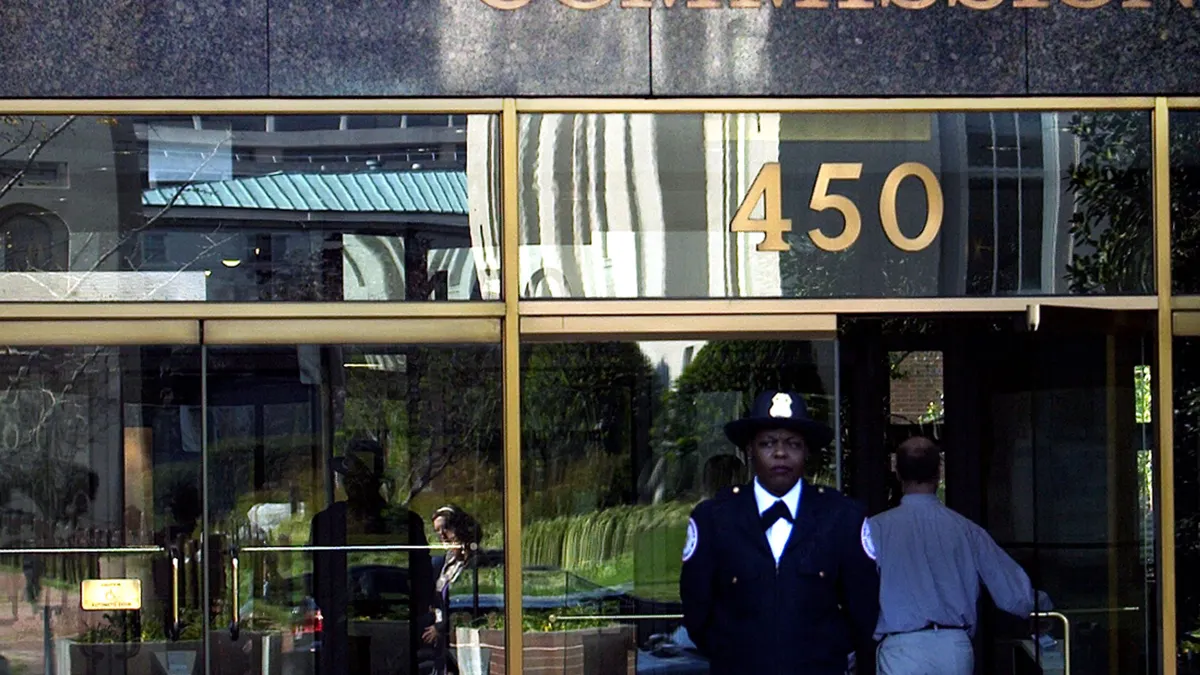INmune Bio CFO David Moss has one overriding objective at his four-year-old, clinical-stage drug company: bringing in nondilutive funding sources until clinical trials are complete and it can go to market with its immunotherapy treatments.
"There are three things that drive our business," said Moss, who co-founded the business in 2015 with two medical research partners. "Data, data, data. My job in the next 12 months is to make sure the company is appropriately capitalized to make sure [we] have the opportunity to generate data such that ... we can do more nondilutive funding to drive our programs to approval."
Moss, who talked about how he structured the company's finance operation in a CFO Thought Leader podcast this week, said INmune Bio is conducting blind and nonblind Stage 2 trials, a key step for eventual approval from the Food and Drug Administration.
"When you make a difference at [a patient's] bedside, there's really nothing more rewarding," he said. "Essentially, all the stakeholders are successful, your shareholders are successful, your employees are successful. But the patients come first."
Immune system focus
Moss and his partners launched the company after research suggested developing therapies' ability to reprogram a patient's immune system could help fight cancer and neurodegenerative diseases such as Alzheimer's. "We ran a handful of experiments, which came out positive," he said.
The first money into the company was their own, followed by money from their friends. "One of the mantras we have in our business is just to keep things simple," he said.
It also licensed a drug under development from Xencor, a $2 billion Nasdaq-listed company, that works with a person's antibodies to create treatments for autoimmune diseases.
"It's actually a really interesting piece of technology," he said. "All humans, as they age, get this low-grade chronic inflammation, and this drives disease. As this inflammation grows, the diseases get worse, and they can cause, for example, neurodegenerative diseases like Alzheimer's or Parkinson's. They can cause liver diseases. They can accelerate different forms of cancer."
New team
Prior to launching INmune Bio, Moss spent years in private equity, investing in a range of companies, including Pets.com, the pioneering internet company that went under in 2000. At INmune Bio, Moss moved to the operations side of finance and is applying his belief that simplicity — in processes and capital structure — is key.
"We don't have a lot of complexity behind the way we've built the business and the way the finance and accounting work," he said. "We have a very adept audit committee that essentially drives all our policies, procedures and internal controls. We've got a relatively small staff of bookkeepers and accountants that drive our reporting. That gets fed up to me for final review, and then it gets reviewed by auditors, and there's this whole process that we go through because we are a listed Nasdaq company."
Moss said he creates realistic workflows to avoid shortsighted errors.
"We schedule everything well ahead of time, and our goal is to have a very simple calendar that is well ahead of schedule and we get everybody, including our auditors, to agree to calendar dates, so we don't run into crunch periods," he said. "One thing that happens in accounting … when you start running into crunch periods — which so often happens, whether you're doing taxes or auditing — people are up late, things get done almost too fast, which will drive mistakes."
Moss said he's focusing on nondilutive funding sources because he wants to tackle two goals: generate money for clinical trials, which he described as "the sport of kings" because of their cost, and maintain control of the business within the tight-knit group that founded the company.
Research rebates
To keep costs down, he created wholly owned subsidiaries in Canada, Australia, the U.K, and other European countries to take advantage of their policies encouraging the kind of research the company is doing.
"There are jurisdictions around the world where the governments support this type of research and development by providing R&D cash rebates," he said. "They're not tax credits, which is what we associate a lot of R&D with here in the U.S. They're actual cash rebates. For every dollar we spend over there, we get up to 50 cents back in cash that we can reinvest in R&D."
Each subsidiary works with its own accounting and tax reporting firms to make sure they operate their R&D the right way to qualify.
"We're able to take full advantage of these R&D rebates because we run some of these trials in those jurisdictions," he said. "Not only do you get the currency arbitrage, because the U.S. dollar has been so strong and the Australian and Canadian dollars have been so weak, you also get that rebate. So your dollar can go much, much further."
IPO structure
The company raised a little more than $8 million in its IPO this year. Moss said he took a different approach than many companies by drafting the company's documents and getting them approved by the Securities and Exchange Commission and Nasdaq before bringing a banking partner on board.
"Typically companies hire an investment bank first, then they draft their financial documents, and then do their IPO," he said. "We did the opposite … because we wanted to be in the driver's seat. We want to drive [our] own destiny."
On the plus side, the company was able to set its own terms and maintain mostly insider ownership. "We wanted a simple cap structure," he said. "We didn't want to go into preferred or convertible debt or warrants, anything like that."
However, the IPO generated less money than it otherwise would have. "We weren't able to attract as large an investor audience as we would have if we were more flexible on our terms and deal structure," he said.
Even so, Moss is proud of the IPO. "We were the first biotech IPO in 2019," he said. "You might recall there was the government shutdown earlier this year, which kept us from doing it earlier. Once that was over, we were the first ones out of the gate. Ringing the bell was a pretty happy moment for the company, and all of us."








